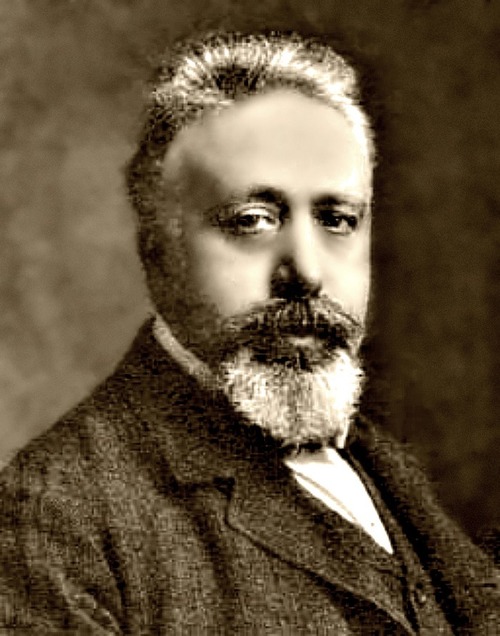See on Scoop.it - Good Things From Italy - Le Cose Buone d’Italia
Vito Volterra, (born May 3, 1860, Ancona, Papal States [Italy]—died October 11, 1940, Rome), Italian mathematician who strongly influenced the modern development of calculus.
Volterra’s later work in analysis and mathematical physics was influenced by Enrico Betti while the former attended the University of Pisa (1878–82). Volterra was appointed professor of rational mechanics at Pisa in 1883, the year he began devising a general theory of functionals (functions that depend on a continuous set of values of another function). This concept led to the development of new fields of analysis, including important applications to the solution of integral and differential equations. The important idea of harmonic integrals derives essentially from his functional calculus. He also applied his analytic methods with good results to optics, electromagnetism, and elasticity and to the theory of distortions.
In 1892 Volterra became professor of mechanics at the University of Turin, and eight years later he accepted the chair of mathematical physics at the University of Rome. In 1905 he became a senator of the Kingdom of Italy. Although he was more than 55 years old, he joined the Italian air force during World War I and helped develop dirigibles as weapons of war. The first to propose using helium in the place of hydrogen in airships, he helped organize helium manufacture in Italy.
After the war Volterra devoted his attention to mathematical biology. Unknown to him, much of his work duplicated that of previous researchers, but it drew the attention of mathematicians to the field. His abstract mathematical models of biological processes (such as predator-prey systems) found many analogies in physical science.
Volterra opposed fascism from the outset. In 1931 he refused to take the required oath of loyalty to the government of Benito Mussolini and was forced to leave the University of Rome. The following year he was required to resign from all Italian scientific academies. Thereafter he lived mainly outside Italy. His collected works, Opere matematiche; memorie e note (“Mathematical Works: Memories and Notes”), were published in five volumes between l954 and 1962.
See on britannica.com
via Tumblr http://italianentertainment.tumblr.com/post/37639837037
